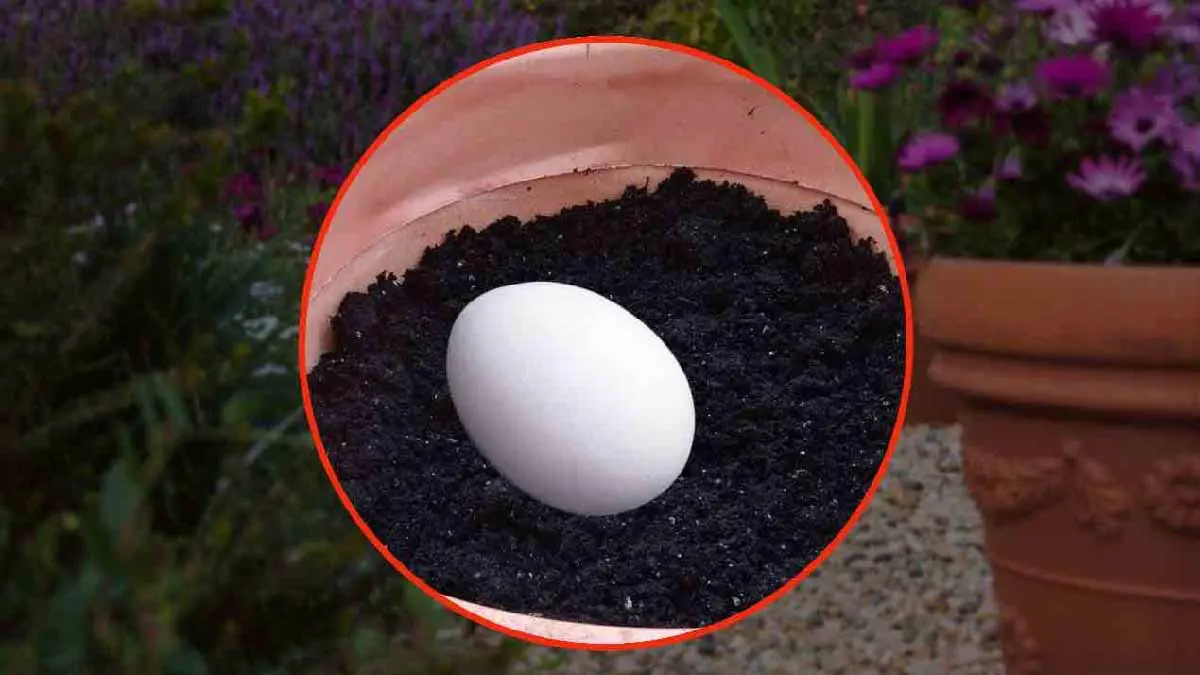Eggs, often overlooked beyond their culinary prowess, hold secrets that can transform not just your meals but also your garden. Exploring their nutritional richness and their role in gardening can unveil a world of benefits waiting to be harnessed.
### The Nutritional Powerhouse of Eggs
Eggs are a nutritional powerhouse, packed with essential nutrients vital for our well-being. A single egg, weighing around 60 grams including the shell, packs about 130 calories. While egg yolks contain cholesterol and saturated fats, egg whites are a healthier option, comprising about 90% water along with vitamins, proteins, and minerals.
Rich in proteins of the highest biological value and essential amino acids crucial for cellular structures, eggs boast proteins like ovoglobulins, albumins, avidin, and ovotransferrin. Albumin, found in egg whites, also houses vitamins B1, B2, and B3, playing a crucial role in energy regulation within our bodies.
Moreover, eggs are an excellent source of lecithin, beneficial for cardiovascular health. They aid in eliminating excess blood flow through bile, helping prevent atherosclerotic diseases.
### Eggs in Gardening: Nurturing Your Garden Naturally
Eggs’ nutritional richness isn’t limited to our plates; it extends to our gardens as well. Gardeners have long revered eggs as a natural remedy to enrich garden soil, replacing costly chemical alternatives.
To utilize raw eggs for fertilizing your garden, simply place a raw egg with a small hole on the soil surface. As the egg decomposes, it enriches the soil with vital nutrients. Once decomposed, you can sow seeds directly into the nutrient-rich soil, witnessing rapid and healthy plant growth.
### Harnessing Eggs for Soil Fertilization
To expedite egg decomposition for soil fertilization, crush the raw egg using a food processor, mortar, or by hand. Crushing the egg accelerates its breakdown, ensuring quick fertilization of the soil. Incorporating the crushed egg into the soil guarantees that your plants receive the necessary nutrients for robust growth and vitality.
### Conclusion
Eggs, beyond being a staple in our diets, hold immense potential in enhancing soil fertility and promoting healthy plant growth in gardens and farms. Understanding their nutritional composition and leveraging their benefits in gardening not only enriches our meals but also nurtures our environment sustainably. Embracing this natural approach not only saves costs but also fosters a healthier ecosystem for generations to come.

